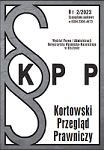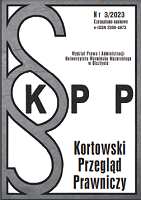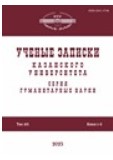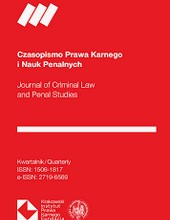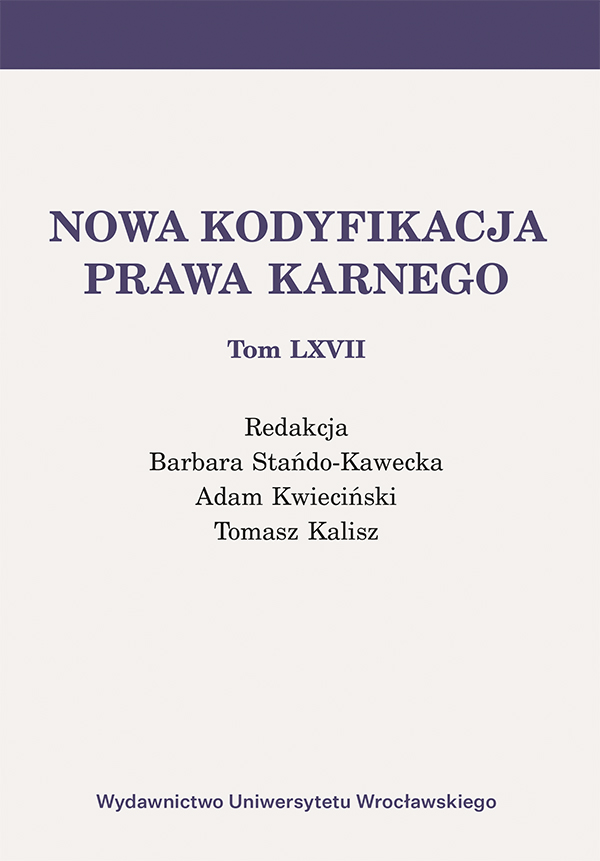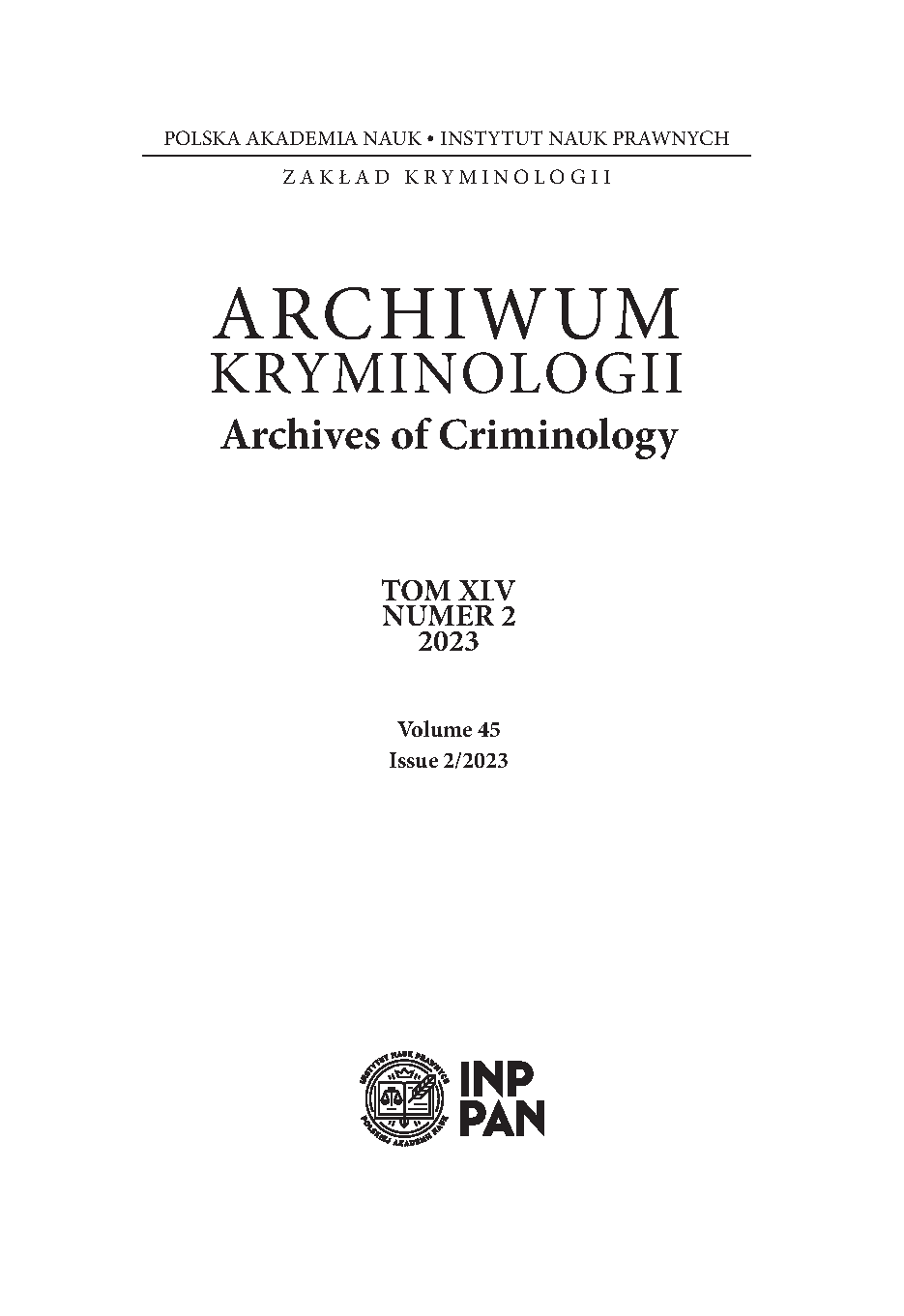Author(s): Patrycja Bróżek / Language(s): Polish
Issue: 2/2023
An important condition for adjudicating the obligation to repair the damage or compensation for the harm suffered is the existence of a specific material or non-material damage at the time of adjudication. However, in none of the provisions specifying the basis for imposing such an obligation, whether as a compensatory measure (Art. 46 § 1 PC) or as a probation condition (Art. 67 § 3 PC and Art. 72 § 2 PC) there is no established In the Penal Code, there is an additional premise for its adjudication – i.e. “when the damage has not been repaired”. It should be mentioned that such a reservation existed under the previous legal status in the provisions of Art. 28 § 3 and 75 § 3 k.k. of 1969. However, it gave rise to numerous doubts as to whether, in the case of imposing an obligation to repair damage on the basis of other provisions that did not contain such a reservation, the possible repair of damage was not supposed to prevent adjudication on the obligation to repair it. Thus, it could be said that such doubts should no longer arise. However, as it turns out, in procedural practice there are various cases and not always all situations are clear and obvious. Therefore, the purpose of this publication is to draw attention to certain issues related to the premise of the necessity of the existence of damage at the time of adjudicating on the obligation to repair it. Particular attention has been devoted to cases involving, inter alia, the fact that the compensation for the damage done takes place before a judgment is issued in the case. Depending on the specific situation, this results in either extraordinary mitigation of the penalty, or renouncement of its imposition or not being subject to the penalty. When deciding on the obligation to redress the damage, the court should always bear in mind that in such a situation there would be no unjustified enrichment of the aggrieved party. It should be remembered that if the court may, pursuant to Art. 46 § 1 k.k. impose an obligation to repair the damage or compensate for the harm suffered also in part, it must therefore take into account repairing the damage also in the form of active repentance and other institutions based on its structure (assumptions). In view of the above, it would be necessary to consider the possibility of introducing de lega ferenda a general basis for discontinuation of criminal proceedings due to the compensation made by the perpetrator – or “reactivation” of the modified institution of consensual discontinuation, which was regulated under Chapter VI of the Penal Code in Art. 59a. It should be noted that in a situation where the perpetrator compensates for the damage caused, even in part, the obligation to repair it in this respect can no longer be adjudicated. However, if it turns out that its amount is higher than the damage repaired, the aggrieved party may seek compensation through a separate civil lawsuit. In addition, there may be cases in practice that it will be compensated as a result of actions taken by the procedural authorities in the course of criminal proceedings, despite the fact that it is not the result of the perpetrator’s independent action, it is also in this way that the state from before the crime is restored.
More...




